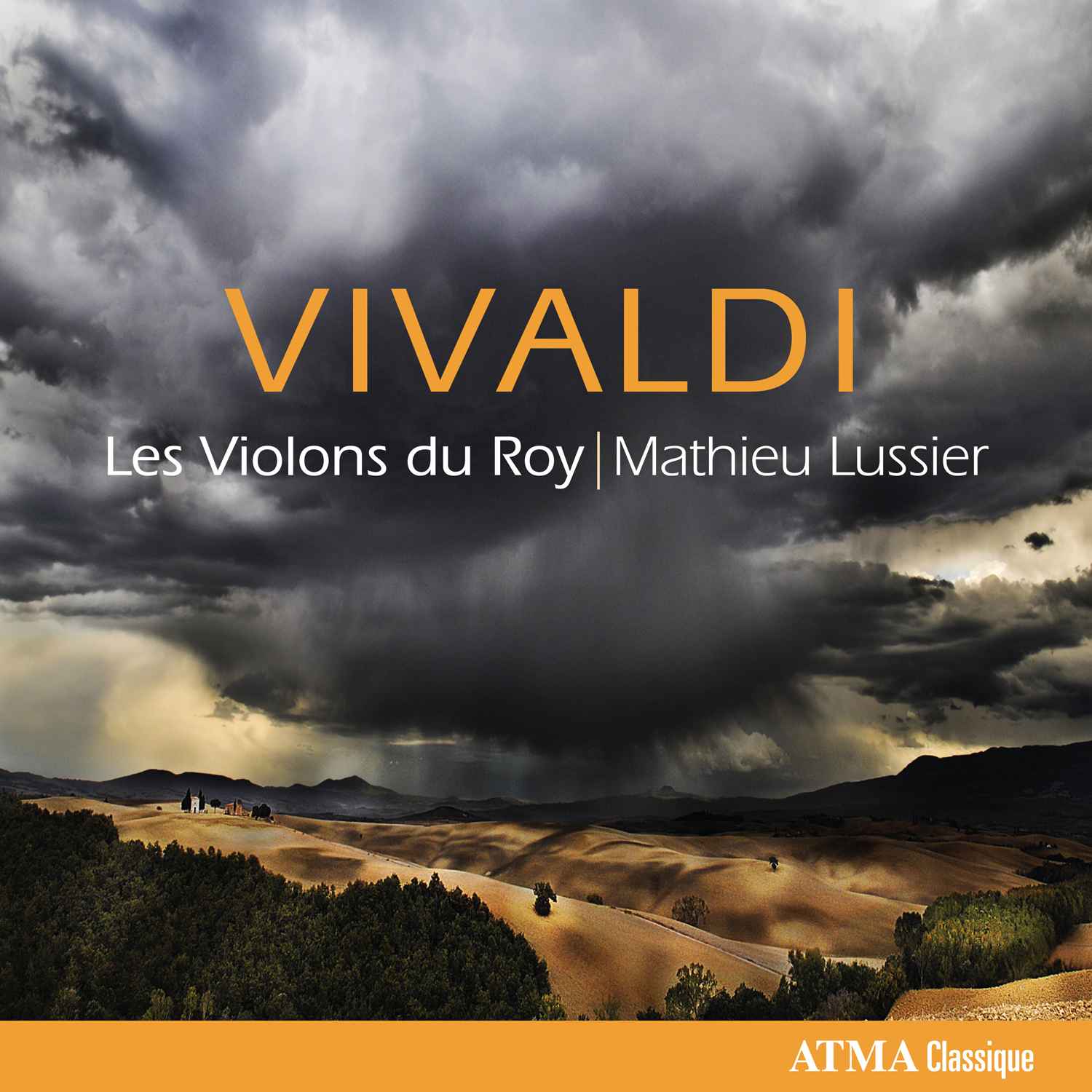
In June 2020, UCL researchers set up a national research study called “VIVALDI” which is the largest COVID-19 care home research study in England. This information is essential to work out how to protect care home staff and residents from infection. Care home residents are also more likely to be admitted to hospital or to die from COVID-19.Ĭurrently, we do not know how many people living and working in care homes are infected with COVID-19, or how many have been infected in the past.

Delta NS1 is the backbone for our Phase 2 DeltaFLU universal influenza vaccine and our preclinical Covid-19 / Universal Influenza Vaccine.Care home residents and people who work in care homes have higher rates of infection compared to the general population. The Delta NS1 vaccine vector can stably express at high levels foreign proteins and antigens from other viruses and bacteria, enabling development of a broad array of prophylactic vaccines for infectious diseases, and therapeutic vaccines for cancer. Safety, and lack of replication and shedding of Delta NS1-based vaccines have been demonstrated in four clinical trials.

Individuals immunized with Delta NS1-based vaccines do not shed the vaccine virus. We have deleted the NS1 gene from the Delta NS1 vector – so Delta NS1 based vaccines induce rather than inhibit interferon.Īnd Delta NS1-based vaccines are safe – they do not replicate and do not produce viral progeny. Naturally occurring influenza viruses produce NS1 to block the body’s interferon response. Interferon is signaling protein in the body that acts as an early-warning system and triggers a broad-based immune response.

Delta NS1-based vaccines have the unique ability to rapidly induce interferon, generating protection against circulating viruses entering the nasal passages, and activating systemic antibody and cell-based protective immunity.


 0 kommentar(er)
0 kommentar(er)
